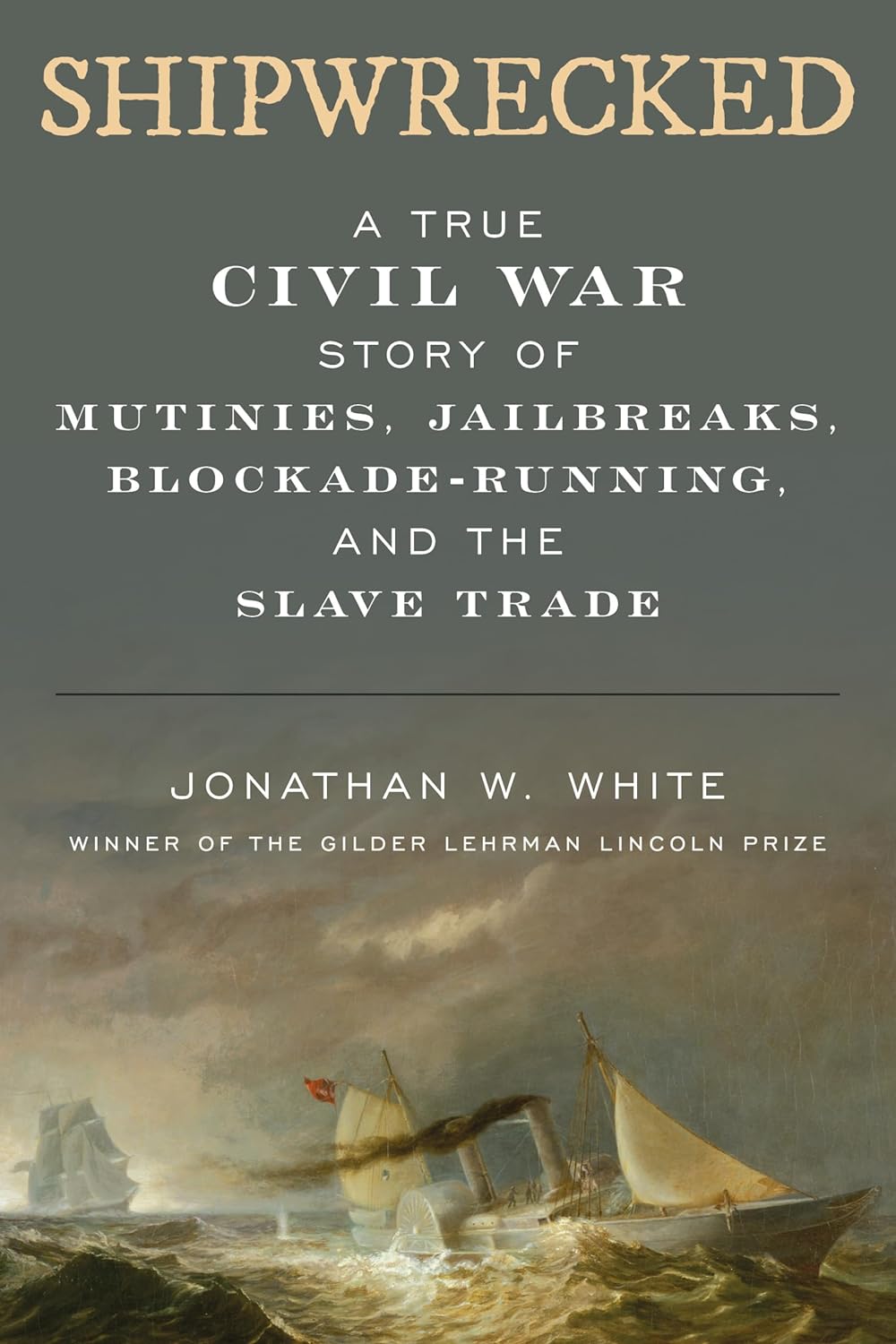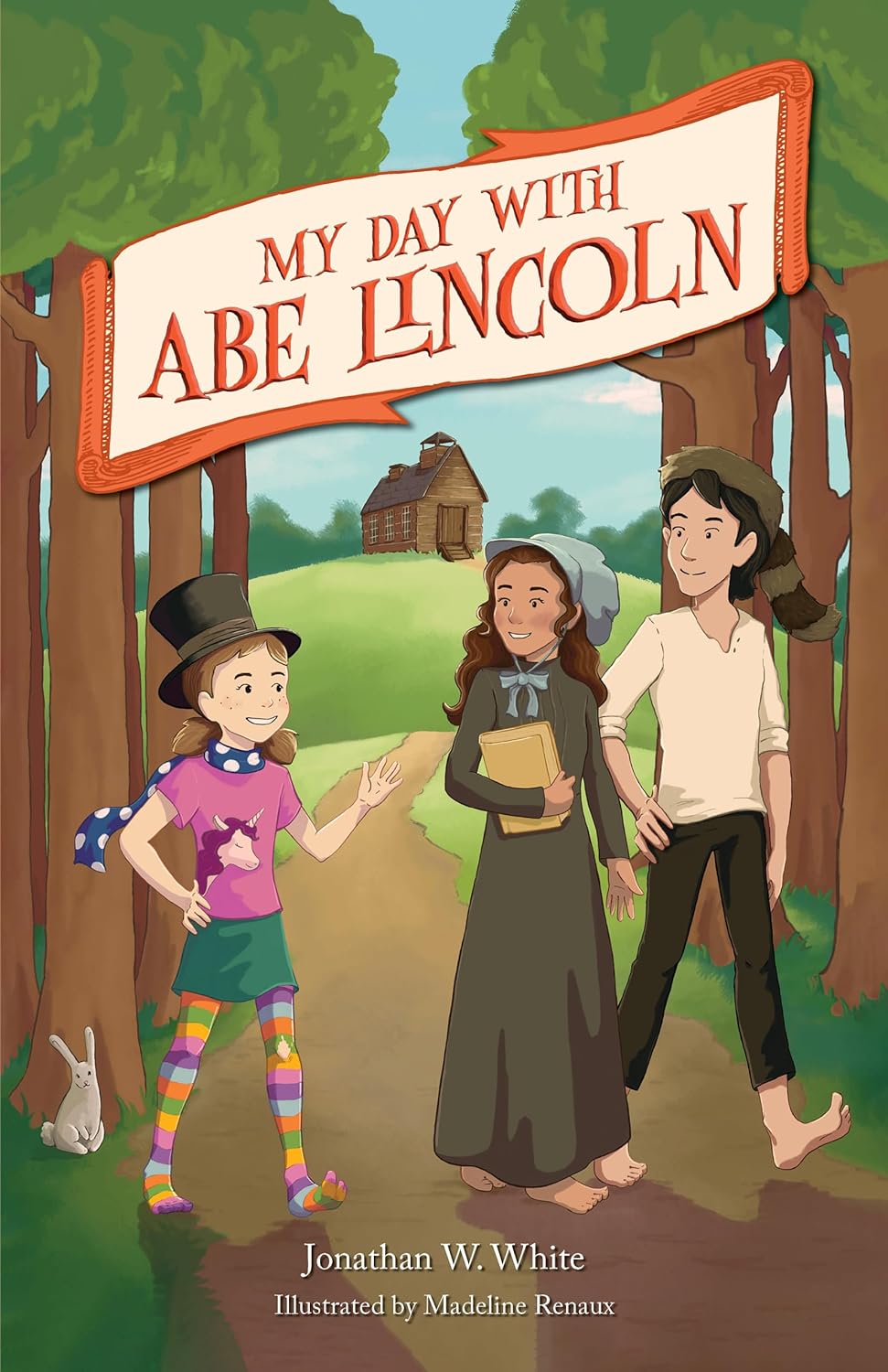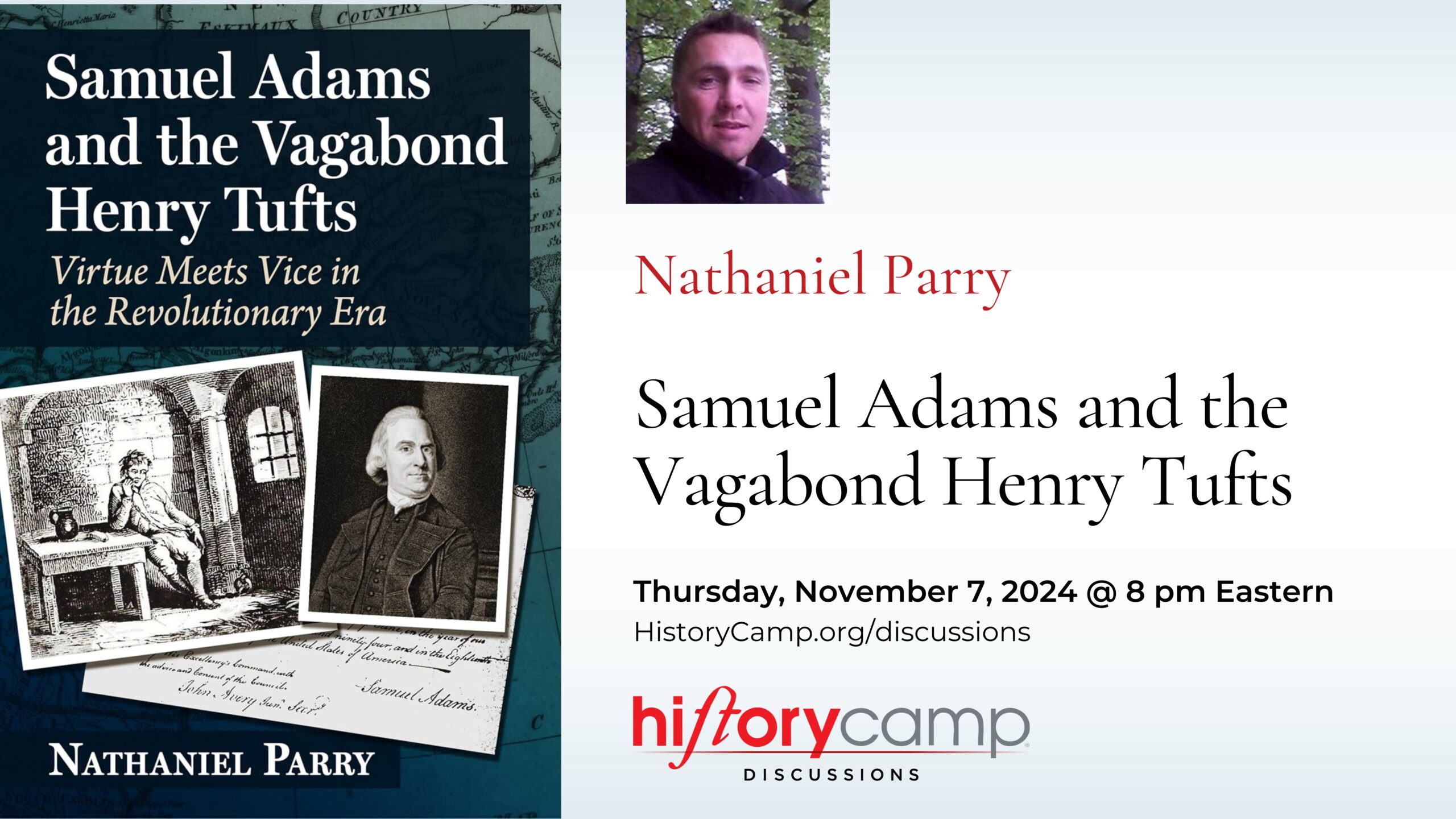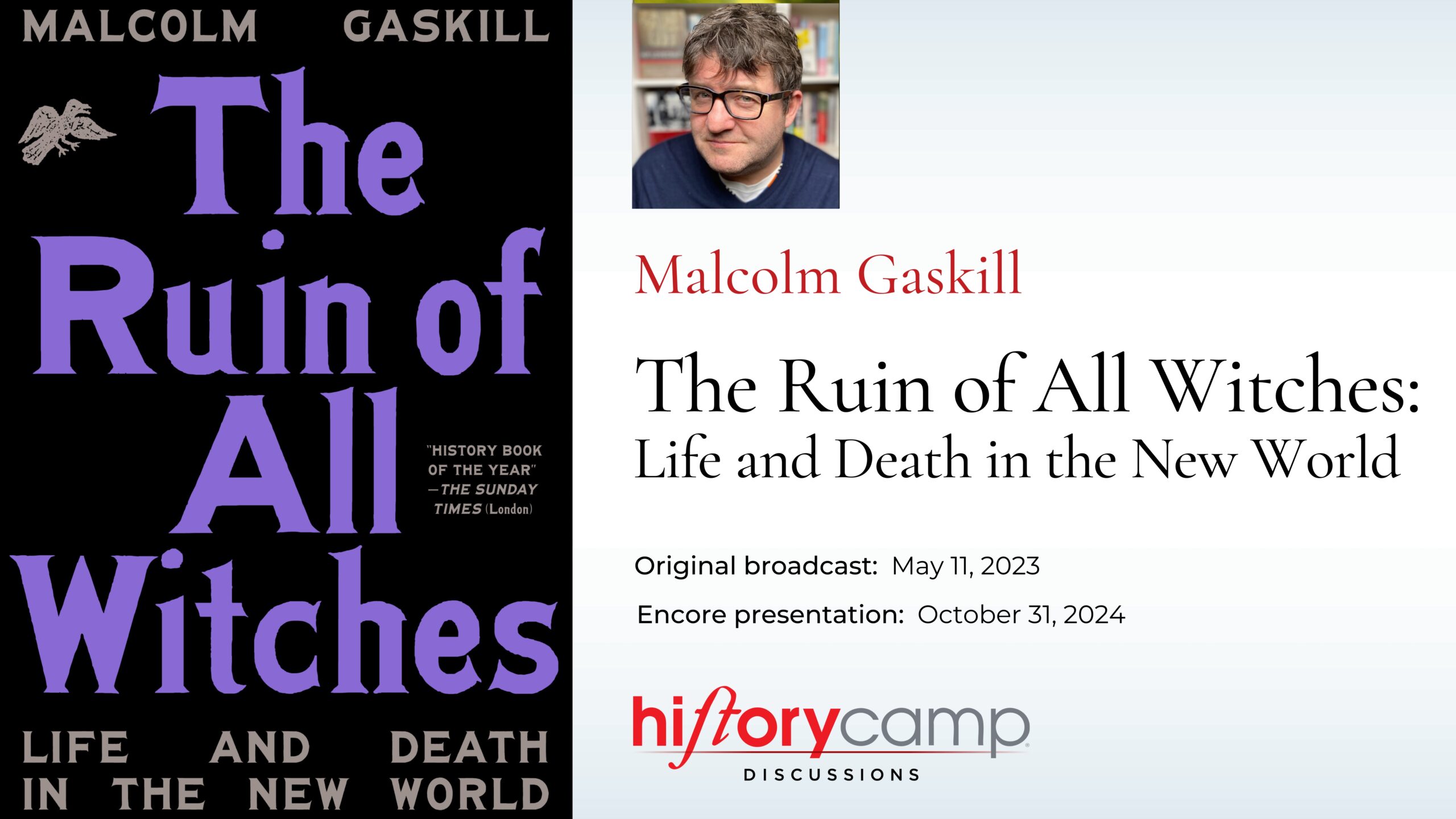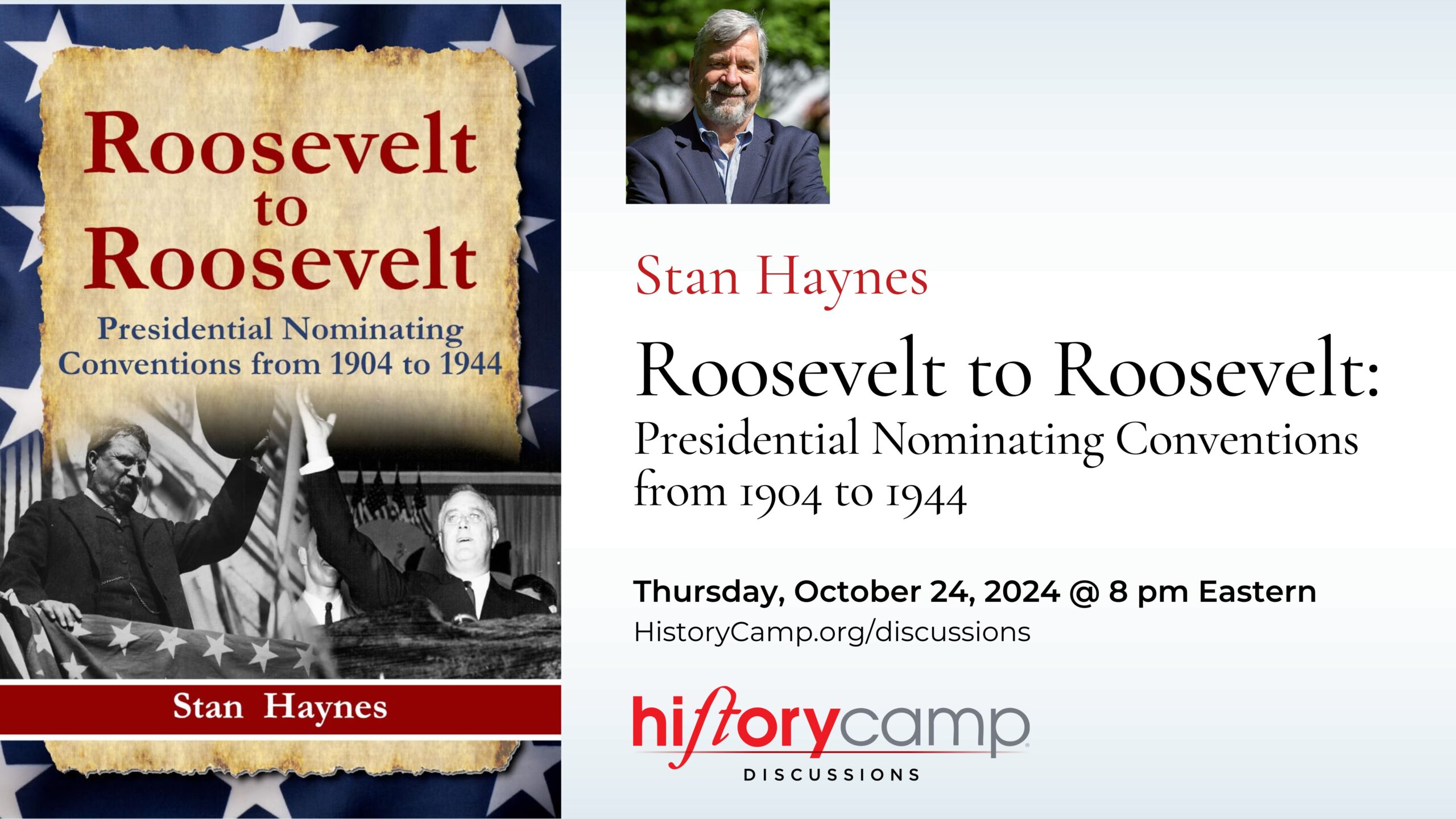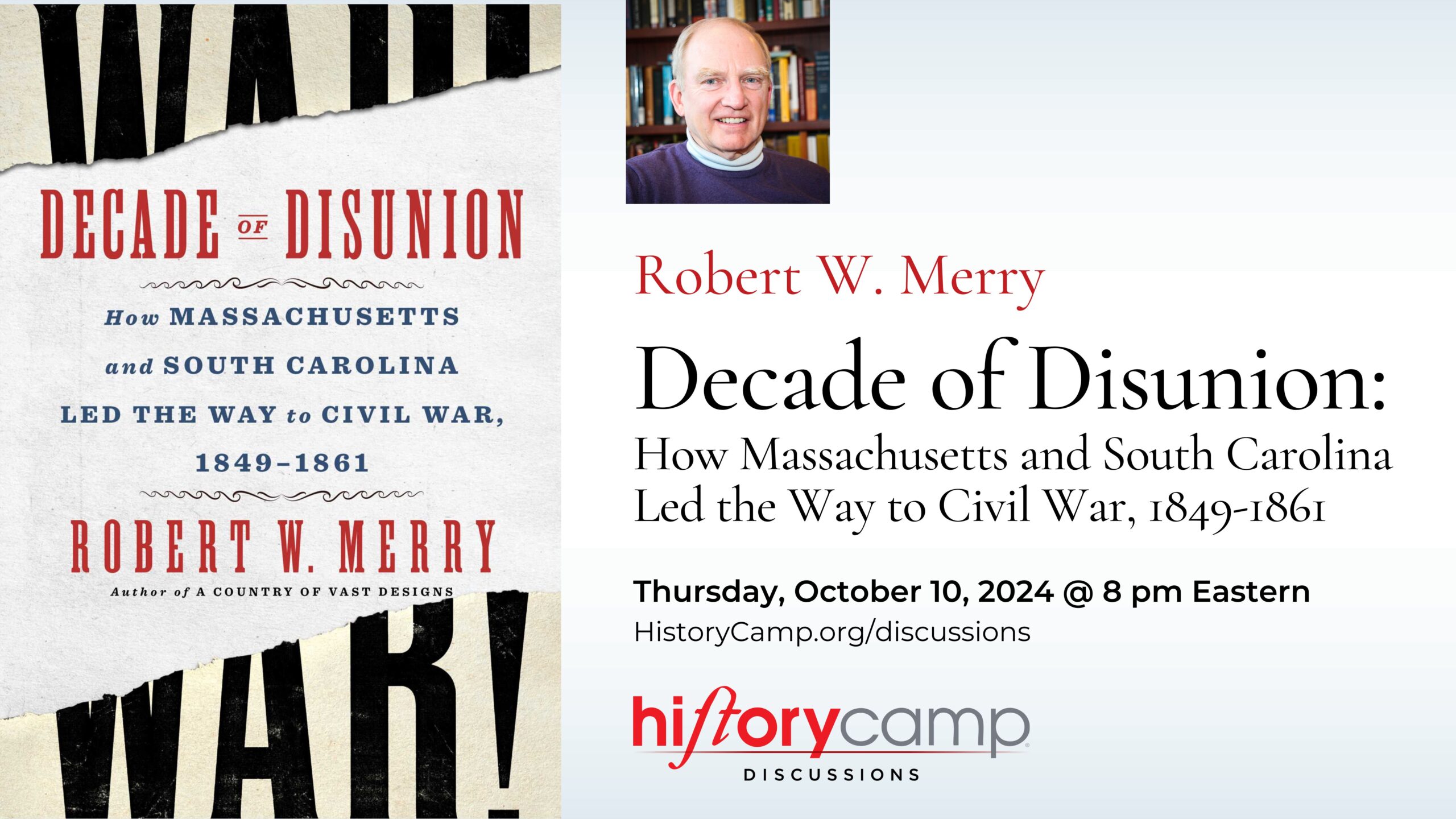Jonathan W. White
“Shipwrecked” and “My Day With Abe Lincoln”
Book 1: Shipwrecked: A True Civil War Story of Mutinies, Jailbreaks, Blockade-Running, and the Slave Trade
Historian Jonathan W. White tells the riveting story of Appleton Oaksmith, a swashbuckling sea captain whose life intersected with some of the most important moments, movements, and individuals of the mid-19th century, from the California Gold Rush, filibustering schemes in Nicaragua, Cuban liberation, and the Civil War and Reconstruction. Most importantly, the book depicts the extraordinary lengths the Lincoln Administration went to destroy the illegal trans-Atlantic slave trade. Using Oaksmith’s case as a lens, White takes readers into the murky underworld of New York City, where federal marshals plied the docks in lower Manhattan in search of evidence of slave trading. Once they suspected Oaksmith, federal authorities had him arrested and convicted, but in 1862 he escaped from jail and became a Confederate blockade-runner in Havana. The Lincoln Administration tried to have him kidnapped in violation of international law, but the attempt was foiled. Always claiming innocence, Oaksmith spent the next decade in exile until he received a presidential pardon from U.S. Grant, at which point he moved to North Carolina and became an anti-Klan politician. Through a remarkable, fast-paced story, this book will give readers a new perspective on slavery and shifting political alliances during the turbulent Civil War Era.
Reviews:
Jonathan W. White, a prizewinning Civil War historian, finds in Oaksmith’s spectacularly misguided life both a gripping yarn set far from the battlefields and a way to dramatize Lincoln’s determination to eliminate the African slave trade…. The astonishing stories in Shipwrecked … [offer] a fresh perspective on the mess of pitched emotions and politics in a nation at war over slavery.― The New York Times
Historian White’s biography of nineteenth-century mariner Appleton Oaksmith vividly chronicles a life of adventure. Oaksmith sailed to China at 16, witnessed the California Gold Rush, foiled a mutiny on his ship, escaped attack “by three thousand African warriors,” and was active in uprisings in Nicaragua and Cuba. During the Civil War, Oaksmith was convicted and imprisoned for modifying a whaling vessel for the transatlantic slave trade. He escaped and captained a Confederate blockade runner and fled to Cuba and then England. Returning to the U.S., he was pardoned by President Grant. As context for Oaksmith’s life, White immerses readers in his world, elucidating how New York and New England were “hubs for slave trading”; efforts to end the slave trade by Lincoln, Secretary of State Seward, and other officials; and post-Civil War politics and society. Oaksmith’s parents, Seba and Elizabeth, were abolitionists and progressives, with Elizabeth energetically advocating for women’s rights. Despite extensive research, White could not determine why Oaksmith rejected his family’s values to participate in the slave trade. A distinctive, exciting, and provocative perspective on the Civil War era.― Booklist
White (A House Built by Slaves), a professor of American Studies at Christopher Newport University, provides a finely grained biography of sea captain Appleton Oaksmith (1828–1887). A “seafarer, poet, jailbird, convict, escapee, exile, and expat,” Oaksmithʼs life “touched some of the most important moments in nineteenth-century American history,” writes White, such as first-wave feminism, the Atlantic slave trade, and Southern schemes to seize Cuba and Nicaragua. His parents, Seba Smith and Elizabeth Oakes Smith, were notable literary figures in New York City, and Elizabeth, who is as much the subject of the book as her son, was “a leader in the women’s rights movement.” A life at sea brought Oaksmith little financial success; accused of fitting out his ship as a slaver, in 1861 he was imprisoned in Fort Lafayette in New York Harbor. Oaksmith—who maintained his innocence—escaped and sailed to Cuba. He eventually returned to the U.S. and was elected to the North Carolina general assembly. Evocative and well researched, Whiteʼs narrative draws ample evidence from archival sources, including the journals Oaksmith kept at sea. It’s an immersive account of a man who was not always likable but whose turbulent life sheds light on the nooks and crannies of the Civil War era.― Publishers Weekly
White here profiles a virtually unknown, 19th-century adventurer seaman named Appleton Oaksmith (1828–1887). During the Antebellum years, that Southerner witnessed or participated in the China trade, the California Gold Rush, Latin American filibustering expeditions, and the African slave trade, including vessel provision. Following Lincoln’s 1861 inauguration and the subsequent US crackdown on Northern involvement in such economic aspects of the trade’s previously unenforced prohibition, Oaksmith was jailed as a participant, escaped, became a Confederate blockade-runner, and lived in exile until pardoned by President Grant. Returning home to North Carolina, he become a legislator and anti-KKK advocate prior to his death at age 59. Recommended. General readers through faculty.― Choice Reviews
Book 2: My Day with Abe Lincoln
From the Publisher:
Did you know that Abraham Lincoln was a terrible speller for his entire life? Or that kids teased him on his first day of school because he wore a sunbonnet? Or that he almost died several times when he was a child? Most people don’t know these things about our nation’s greatest president. But Lucy Millaway learns all about Lincoln when she travels back in time to the backwoods of Indiana in the 1820s. Join Lucy as she spends a day with young Abe and discovers fascinating stories and forgotten moments behind his remarkable rise to greatness!
Review:
“My Day with Abe Lincoln is a refreshing combination of pure kids’ excitement and some pretty strict historical accuracy. But let my own grandchildren tell you: the illustrations are great and so are the stories of Lincoln’s childhood—‘especially the Shawnee story!’ Here’s the book which will fire a kid’s imagination about Lincoln and history—the same way my imagination was fired by an illustrated Lincoln book as a kid.”—Allen C. Guelzo, New York Times best-selling author and three-time winner of the Lincoln Prize.
[Recorded on August 8, 2024.]

Jonathan W. White is 2023 joint winner of the Gilder Lehrman Lincoln Prize and the author of many books including, most recently, A House Built by Slaves: African American Visitors to the Lincoln White House (R&L, 2022). His numerous articles, essays, and reviews on Lincoln and the Civil War Era have appeared in Smithsonian, Time, the New York Times, and the Washington Post. He teaches American studies at Christopher Newport University and resides in Newport News, VA.

